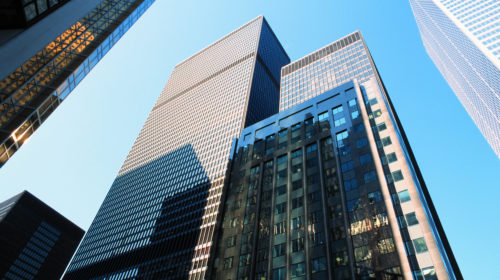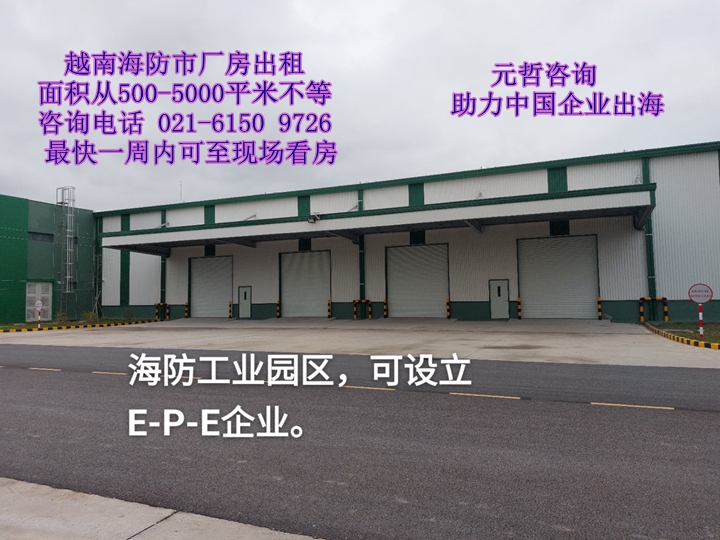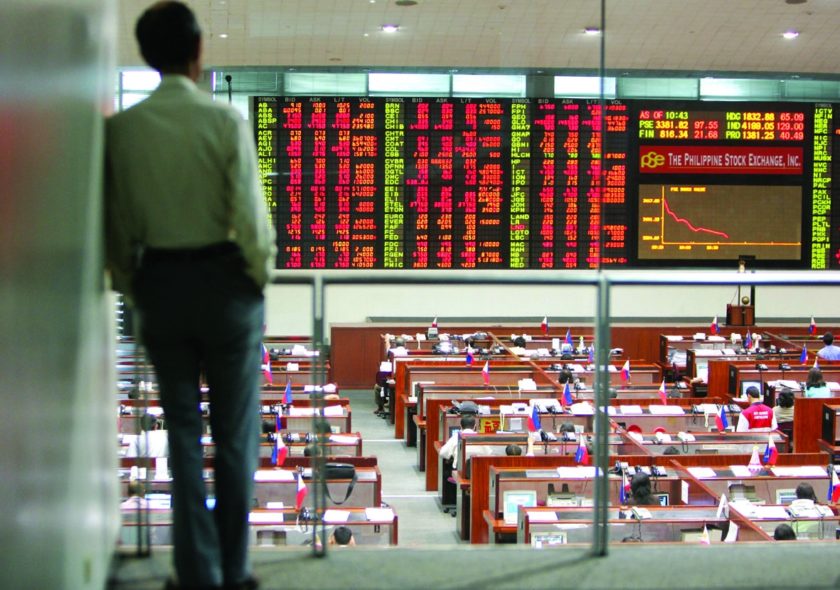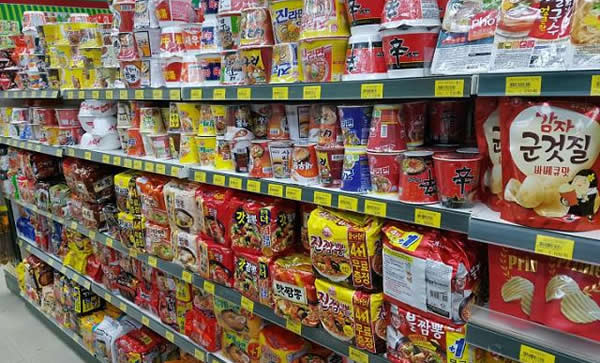Vietnam’s Real Estate Industry Keeps Developing
According to CRI’s survey, Vietnam’s real estate market is seeing increasing demand and will have a bright prospect in the next decade. The rapid development of Vietnam’s real estate industry is driven by both supply and demand. On the demand side, the structural consumption resulting from continuous progress in urbanization, objective rate of return on investment and rental yields enable Vietnam’s real estate market to fully meet the purchase demand of investors. The expansion of opening up and favorable policies on foreign investment can satisfy the investment demand of foreign investors. On the supply side, the private ownership of land-use rights in Vietnam ensures abundant supply of land, simple approval procedures for real estate development and low operating costs for real estate developers.
The reasons why Vietnam’s real estate market is promising are as follows:
(1) The low urbanization rate is low.
By the end of 2018, Vietnam’s urbanization rate was only 37%. It is increasing by about 2 percentage points every year but is still at a low level as compared with that in other countries. As Vietnam has a population of nearly 100 million, every 2-percentage-point increase in urbanization rate will result in the migration of about 2 million rural residents to urban areas. As urbanization continues in Vietnam and rural residents migrate to cities, the demand for commodity housing will increase and such rigid demand will drive Vietnam’s real estate development for a long time to come.
(2) The absolute housing prices are low, showing huge growth potential.
According to CRI’s market survey the housing prices in Vietnam show high price-to-rent ratios. In China’s first-tier cities such as Shanghai and Beijing, the price-to-rent ratio for an ordinary apartment is between 600 and 1,000. (The price of a house is equivalent to 600 to 1,000 months of rent.) In Vietnam. the price-to-rent ratio is generally below 200. The low commodity housing prices in Vietnam can satisfy the demand for housing for both personal use and investment purpose. For people who buying houses for personal use, the housing prices are acceptable. In Vietnam’s first-tier cities such as Ho Chi Minh City, the price of an ordinary apartment is about 1,000 USD/square meter, which is equivalent to two months’ average wages. In China’s first-tier cities, the price of an ordinary apartment exceeds 7,000 USD/square meter, which is about seven months’ wages of ordinary people. Therefore, the housing prices in Vietnam still have great growth potential. According to CRI’s estimate, in 2018, the returns from investment in an apartment in Ho Chi Minh City, the largest city of Vietnam, was about 8% to 10%. (Ho Chi Minh City is to Vietnam as Shanghai is to China and New York is to the United States.)
(3) The private ownership of land-use rights facilitates land supply.
Vietnamese law stipulates that land ownership belongs to the “people”. (Some people believe that Vietnam’s land is state-owned.) But the ownership of land-use rights is private. Vietnam’s Land Law has been revised several times. Vietnam enacted its first Land Law in 1987, the second edition in 1993, the third edition in 2003 based on the revisions and supplements made in 2001 and the fourth edition on November 29, 2013. According to the Land Law currently in force, land use terms in Vietnam include long-term and stable use and definite-term use. Long-term and stable use can be regarded as permanent use. And a definite term may be five years, 20 years, 50 years, 70 years or 90 years. When the definite term expires, it can be extended free of charge. Individual and enterprise owners of land-use rights can enjoy the results of the labor and investment on land. They may also exchange, transfer, lease, sublease, inherit, donate, mortgage land-use rights and contribute land-use rights as capital. In addition, forced demolitions are prohibited. The private ownership of land-use rights guarantees the stability of Vietnam’s real estate market. The Land Law has also supporting policies for foreign-funded enterprises. According to the 2013 edition of the Land Law, foreign investors are not allowed to purchase land in Vietnam, but they can obtain land-use rights by lease. The land use term is usually 50 years and no longer than 70 years and can be extended after expiration.
(4) High-end houses are favored by foreign investors.
According to CRI, foreign investors, especially Chinese investors, are confident in the development of high-end houses (with an average price of higher than 1,000 USD/square meter) in Vietnam. On July 1, 2015, the new Housing Law came into force, which cancelled restrictions to encourage foreigners to purchase houses in Vietnam. As a result, the supply and demand on Vietnam’s real estate market has been booming since 2015. The supply and sales of houses in Ho Chi Minh City in recent years show that the proportions of luxury houses and high-end houses has increased sharply since 2015 and foreign investors are optimistic about the high-end house market. Compared with other emerging economies, Vietnam has attracted masses of foreign investors in recent years. And the real estate market is an important option for investors to allocate assets. According to CRI’s market survey, the proportion of foreign investors who purchase apartments in Vietnam for investment purpose keeps increasing and is 90% in July 2019.
Procedures for Purchasing a House in Vietnam
According to CRI’s survey, Vietnam has specific procedures for house sales and house payments. House buyers should make house payments and pay taxes according to contract in five stages of the house purchase procedures. The VAT and certificate fees are usually directly included into housing prices. Developers make payments to constructors according to construction progress and investors make payments according to contract. In Vietnam, mortgage loans are not the mainstream of investor loans. Moreover, foreign investors are not allowed to purchase houses by mortgage payments. For Vietnamese, the maximum proportion of mortgage payments is 50% in the total payments for a high-end house and 10% in the total payments for a low-end house. This is to stimulate the purchase of high-end houses. But foreigners cannot apply for a home mortgage loan in Vietnam.
Procedures for Purchasing a House in Vietnam
|
Stage |
Payment schedule |
Particulars |
|
Booking |
Paying earnest money |
Booking is generally not allowed by law. However, booking usually occurs one to three months before official sales. Developers collect earnest money in the name of membership fee. The amount of earnest money is between USD 2,000 and USD 5,000. |
|
Making advance payment when sales begin |
It is up to the developer to decide whether there is advance payment or not. When advance payment is required, the amount of advance payment is usually 30% of the housing price. |
When the developer has met the sales conditions, the buyer will sign the subscription contract and make advance payment, or directly sign the sales contract without making advance payment. |
|
Signing the sales contract |
Making 20% payment before house delivery |
The sales contract is usually signed in seven to 14 days after the subscription contract is signed. When the sales contract is signed, the advance payment will be regarded as a part of house payments. After the sales contract is signed, the buyer should pay the first installment, which is 20% or 30% of the house payments and includes the advance payment. The following installments should be paid as scheduled by the developer. Before house delivery, 50% payment should have been made. House delivery usually takes two to four years. |
|
House delivery |
Making 45% payment |
When the house is delivered, the buyer should make 45% house payment, pay the maintenance fee (2% of the purchase value) and sign the property management agreement. |
|
Getting the property ownership certificate |
Making 5% payment |
Property ownership certificate application begins after house delivery. It takes 12 to 18 months to obtain the property ownership certificate. The buyer should make the final payment of 5% when receiving the property ownership certificate. |
If you are interested in investing in real estate in Vietnam, please call +86-21-61509726 to contact CRI.




